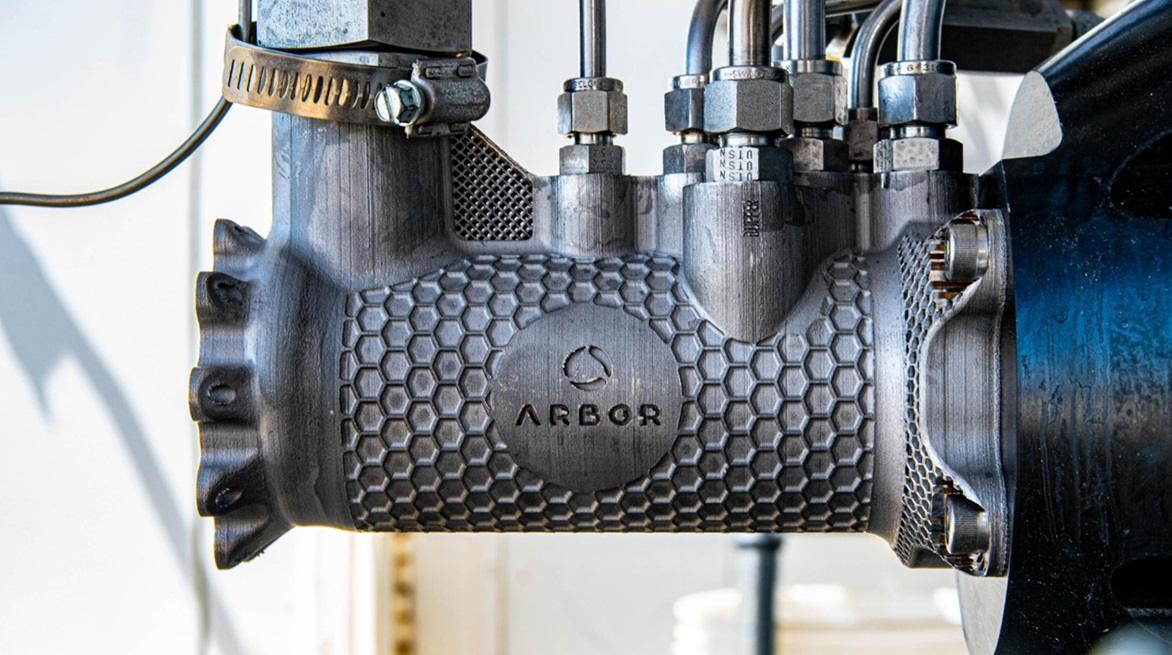European Commission Proposes New Target to Cut EU Emissions 90% by 2040
The European Commission today unveiled its anticipated recommendation to set a target to reduce net greenhouse gas emissions by 90% by 2040, compared to 1990 levels, kicking off the process of establishing the next interim climate target into law, on the path to the EU’s ambition to reach climate neutrality by 2050.
Alongside its new announced recommendation, the Commission outlined its initial estimates for investments that would be needed to achieve the new 2040 target, in key areas including the production of clean energy and the decarbonization of industrial processes, as well as heating and cooling in buildings and transport modes, in addition to major investments to improve the energy efficiency of the EU economy.
According to the Commission, an additional 1.5% of GDP would need to be invested annually, compared to 2011 – 2020 levels, with resources moving away from less sustainable uses such as fossil fuel subsidies. The Commission’s communication envisioned the private sector as the primary source of these investments, enabled by a policy framework incentivizing low-carbon investment and discouraging carbon intensive investment.
The Commission’s impact assessment outlined a need for an average annual investment of approximately €660 billion from 2031 – 2050 in the energy system, and €870 billion per year in the transport sector. Key areas of investment would target the decarbonization of industrial processes, improvements in energy efficiency in energy-intensive industries, a shift towards electrification, and the production of sustainable alternative fuels to power the transport sector.
Overall, the Commission anticipates that the energy sector will fully decarbonize shortly after 2040, and that transport emissions will decrease by nearly 80% by 2040.
One of the policy conditions outlined by the EU Commission to enable the achievement of its recommended goal was the establishment of dialogue with key stakeholders, most notably with those in industry and agriculture. The Commission’s statement comes as farmers have been holding highly visible and disruptive protests across the EU over the past few weeks, focusing largely on the cost and impact of environmental rules and regulations, as well as energy costs and competition from imports. Agriculture emissions, primarily emanating from the release of methane and nitrous oxide, account for approximately 11% of the EU’s greenhouse gas emissions.
According to media reports, the Commission had initially planned to propose an ambition to achieve a 30% reduction in methane and nitrogen emissions from the agricultural sector, which was not included in its released recommendation, with the Commission’s statement instead saying only that “the agriculture sector can also play a role in the transition, while ensuring sufficient food production in Europe , securing fair incomes and providing other vital services such as enhancing the capacity of soils and forests to store more carbon.”
The Commission’s statement also envisioned enhancing the Green Deal to become an “industrial decarbonisation deal,” to build on industrial strengths including renewables and electrolyzers, and to increase domestic manufacturing capacities in cleantech areas including batteries, electric vehicles, heat pumps, solar PV, CCU/CCS, biogas and biomethane, and the circular economy, as well as to focus on carbon pricing and access to finance to help ensure the delivery of emissions reductio targets by industry.
Other key aspects of the Commission’s recommendation included an earlier deployment of carbon capture, with industrial carbon removals complementing natural carbon removals and land-based removals sequestering carbon in biomass and soils, and a greater focus on the Just Transition, ensuring that climate policies take into account parts of society that are most vulnerable and facing the greatest challenges to adapt.
The Commission’s recommendation starts the process to setting the EU’s 2040 climate goal, with a legislative proposal to be made by the next Commission, following the European elections, scheduled to be held in June.
Wopke Hoekstra, Commissioner for Climate Action, said:
“We have just lived through the hottest year on record. The case for climate action is beyond doubt and requires planning now. Going forward, we will have to stand more firmly on two legs: a safe and healthy climate for all to live in, and a strong, resilient economy, with a bright future for business and a just transition for all.”





